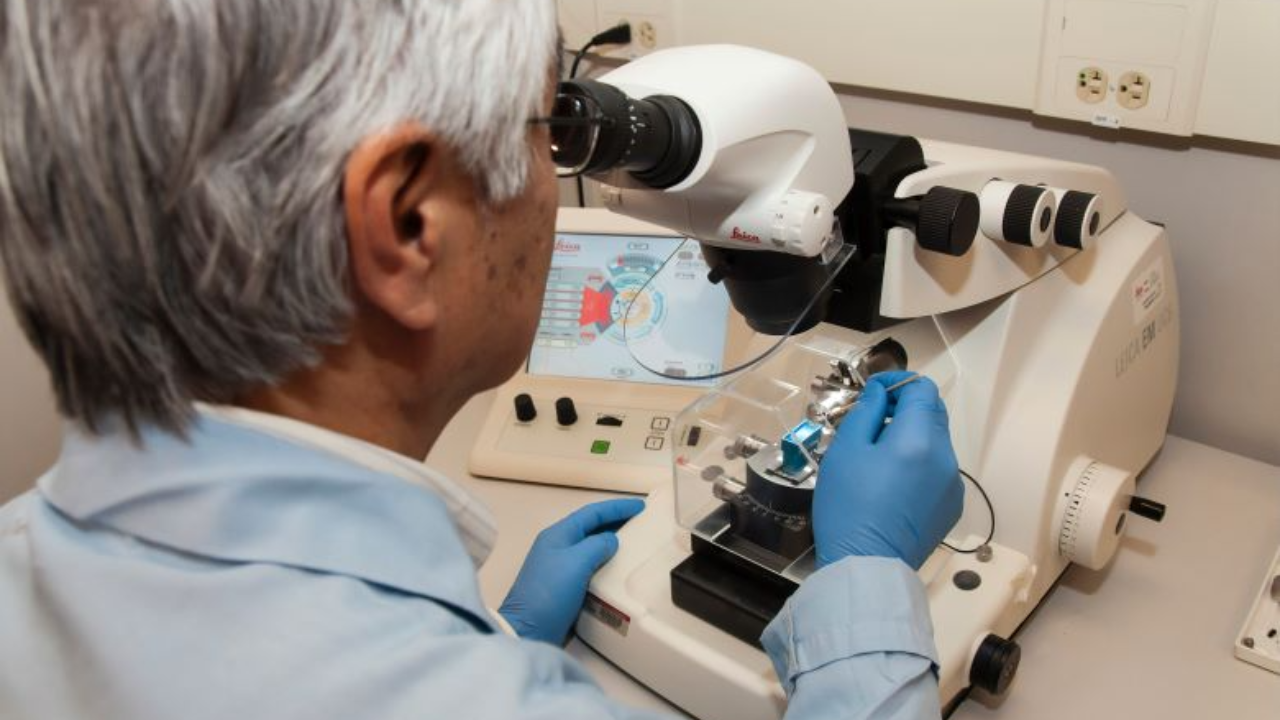预约演示
更新于:2025-09-25
ITI-T-03(ImmusanT)
更新于:2025-09-25
概要
基本信息
原研机构 |
在研机构- |
非在研机构 |
权益机构- |
最高研发阶段无进展临床前 |
首次获批日期- |
最高研发阶段(中国)- |
特殊审评- |
关联
100 项与 ITI-T-03(ImmusanT) 相关的临床结果
登录后查看更多信息
100 项与 ITI-T-03(ImmusanT) 相关的转化医学
登录后查看更多信息
100 项与 ITI-T-03(ImmusanT) 相关的专利(医药)
登录后查看更多信息
1
项与 ITI-T-03(ImmusanT) 相关的新闻(医药)2022-10-12
GERMANTOWN, Md., Oct. 11, 2022 (GLOBE NEWSWIRE) -- TeraImmune, Inc., a biotechnology company focused on discovery and development of novel Treg-based cell therapies for autoimmune diseases, announced today that the U.S. Food and Drug Administration (FDA) has granted Investigational New Drug (IND) clearance to commence the Company's Phase 1/2a clinical trial to evaluate its lead candidate, TI-168, in congenital Hemophilia A (HA) patients with refractory inhibitors. TI-168 is a next-generation, autologous FVIII TCR-Treg cell therapy candidate to eliminate FVIII inhibitors in HA patients.
The multi-center, open-label, Phase 1/2a study is designed to assess the safety and efficacy of TI-168 in up to eighteen congenital hemophilia A (HA) patients with refractory inhibitors. All subjects will continue to receive mandatory prophylactic emicizumab and standard of care treatment with their usual episodic agents to treat breakthrough bleeds, as needed. The primary objectives are to evaluate the safety and feasibility of TI-168 and determine the maximum tolerated dose. The secondary objectives are to evaluate the efficacy of TI-168 and to evaluate the characteristics of engrafted TI-168.
“We are thankful to the FDA for their engagement and are pleased with their decision to issue IND clearance for our Phase 1/2a trial to evaluate TI-168 in congenital HA patients with refractory inhibitors of TI-168,” said Yong Chan Kim, PhD, Chief Executive Officer of TeraImmune. “Approximately 30% of HA patients develop anti-FVIII antibodies against FVIII treatment and there is no cure for this complication. Given the strength of our existing data, paired with FDA’s clearance to proceed with the trial of TI-168, we believe that we will be able to work expeditiously towards developing a promising treatment for HA patients with refractory inhibitors.”
About Hemophilia A
Hemophilia A (HA) is a rare genetic bleeding disorder that is caused by a lack of clotting factor VIII (FVIII). FVIII replacement is a standard of care treatment of HA, but, the formation of anti-FVIII antibody (a.k.a., “FVIII inhibitor”, also known as FVIII anti-drug antibody (ADA)) is often problematic in the FVIII-replaced HA patients. FVIII Immune Tolerance Induction (ITI) is currently the only treatment option, which costs an average of $1 million annually per patient. Thirty percent (30%) of the patients with ITI still fail to control the FVIII ADA, rendering the treatment ineffective. Treg therapy has been highlighted as an ideal approach in autoimmune diseases and autoimmune disorders such as an anti-drug antibody formation. However, the technical hurdles to manufacture the FVIII-specific immune cell therapies have delayed the development of immune cell therapies for ADA in hemophilia A.
About TI-168
TeraImmune is dedicated to the development of Treg therapy specific to HA (pipeline candidate TI-168). TI-168 is a next-generation, FVIII specific Treg therapy designed to reliably and effectively address Hemophilia A patients with FVIII inhibitor. By combining the patented Treg culture method (TREGableTM) and TeraImmune designed FVIII-specific TCR, the team has successfully demonstrated the therapeutic concept of FVIII TCR-Treg therapy in controlling of FVIII ADA in a hemophilic animal model. The lead program TI-168 has shown highly encouraging pre-clinical data and the FDA has granted IND clearance to commence a Phase 1/2a clinical trial for the treatment of hemophilia A.
About TeraImmune, Inc.
TeraImmune, Inc. is a biotechnology company that develops innovative immune-cell therapies. The Company is leveraging a dual Treg manufacturing platform consisting of both natural regulatory T cells (Tregs) isolated from patients (TREGable™) and induced Tregs converted from a patient's T-effector (Teff) cells (TREGing™). Its Treg platform technology is designed for conditions that suppress unwanted immune reactions. The Company has expanded its pipeline to include the allogenic, or off-the-shelf, Tregs obtained from Umbilical Cord Blood for the treatment of the skin disease such as Atopic Dermatitis. Increased selectivity of Tregs with target-specific receptors can enable to suppress the unwanted immune reactions without side effects in the patients with autoimmune diseases.

合作抗体细胞疗法
100 项与 ITI-T-03(ImmusanT) 相关的药物交易
登录后查看更多信息
研发状态
10 条进展最快的记录, 后查看更多信息
登录
| 适应症 | 最高研发状态 | 国家/地区 | 公司 | 日期 |
|---|---|---|---|---|
| 自身免疫性疾病 | 临床前 | 美国 | - |
登录后查看更多信息
临床结果
临床结果
适应症
分期
评价
查看全部结果
| 研究 | 分期 | 人群特征 | 评价人数 | 分组 | 结果 | 评价 | 发布日期 |
|---|
No Data | |||||||
登录后查看更多信息
转化医学
使用我们的转化医学数据加速您的研究。
登录
或

药物交易
使用我们的药物交易数据加速您的研究。
登录
或

核心专利
使用我们的核心专利数据促进您的研究。
登录
或

临床分析
紧跟全球注册中心的最新临床试验。
登录
或

批准
利用最新的监管批准信息加速您的研究。
登录
或

特殊审评
只需点击几下即可了解关键药物信息。
登录
或

生物医药百科问答
全新生物医药AI Agent 覆盖科研全链路,让突破性发现快人一步
立即开始免费试用!
智慧芽新药情报库是智慧芽专为生命科学人士构建的基于AI的创新药情报平台,助您全方位提升您的研发与决策效率。
立即开始数据试用!
智慧芽新药库数据也通过智慧芽数据服务平台,以API或者数据包形式对外开放,助您更加充分利用智慧芽新药情报信息。
生物序列数据库
生物药研发创新
免费使用
化学结构数据库
小分子化药研发创新
免费使用
